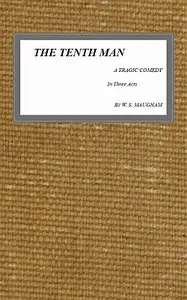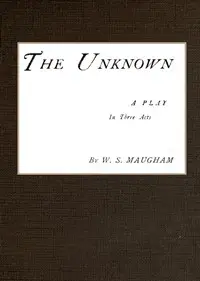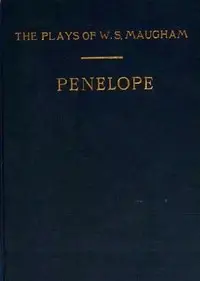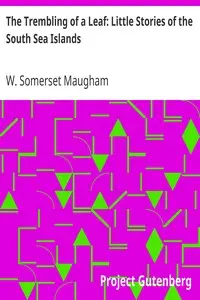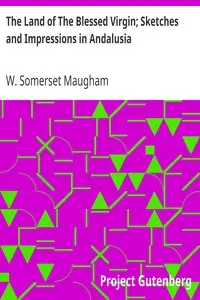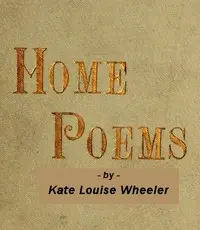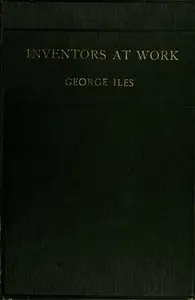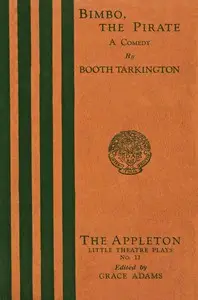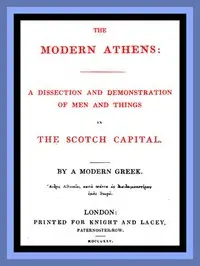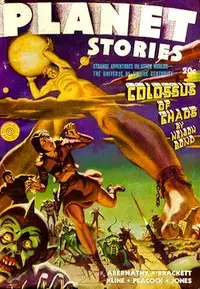"Mrs. Dot: A Farce" by W. Somerset Maugham is a comedy play written in the early 20th century. The story revolves around Mrs. Worthley, affectionately known as Mrs. Dot, who is entangled in a web of romantic and financial struggles involving herself, the handsome Gerald Halstane, and the complications of love amidst societal expectations. With themes of class distinction and the intricacies of personal relationships, the play examines the humorous yet poignant realities of love and ambition. At the start of "Mrs. Dot," we are introduced to the charismatic and somewhat broke Gerald Halstane, whose financial woes are revealed through his interactions with his servant, Charles, and his solicitor, Mr. Rixon. Gerald learns he has unexpectedly inherited wealth and a title, which complicates his feelings for Mrs. Dot, a lively brewery owner with whom he shares a close relationship. The initial act sets the stage for conflict, romance, and comedy as Gerald navigates his existing engagement to Nellie Sellenger and the newfound attraction he feels for Mrs. Dot, leading to humorous exchanges and the inevitable complications of their intertwined lives. (This is an automatically generated summary.)
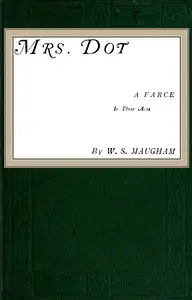
Mrs. Dot: A Farce
By W. Somerset (William Somerset) Maugham
"Mrs. Dot: A Farce" by W. Somerset Maugham is a comedy play written in the early 20th century. The story revolves around Mrs. Worthley, affectionately...
William Somerset Maugham was an English writer, known for his plays, novels and short stories. Born in Paris, where he spent his first ten years, Maugham was schooled in England and went to a German university. He became a medical student in London and qualified as a physician in 1897. He never practised medicine, and became a full-time writer. His first novel, Liza of Lambeth (1897), a study of life in the slums, attracted attention, but it was as a playwright that he first achieved national celebrity. By 1908 he had four plays running at once in the West End of London. He wrote his 32nd and last play in 1933, after which he abandoned the theatre and concentrated on novels and short stories.


